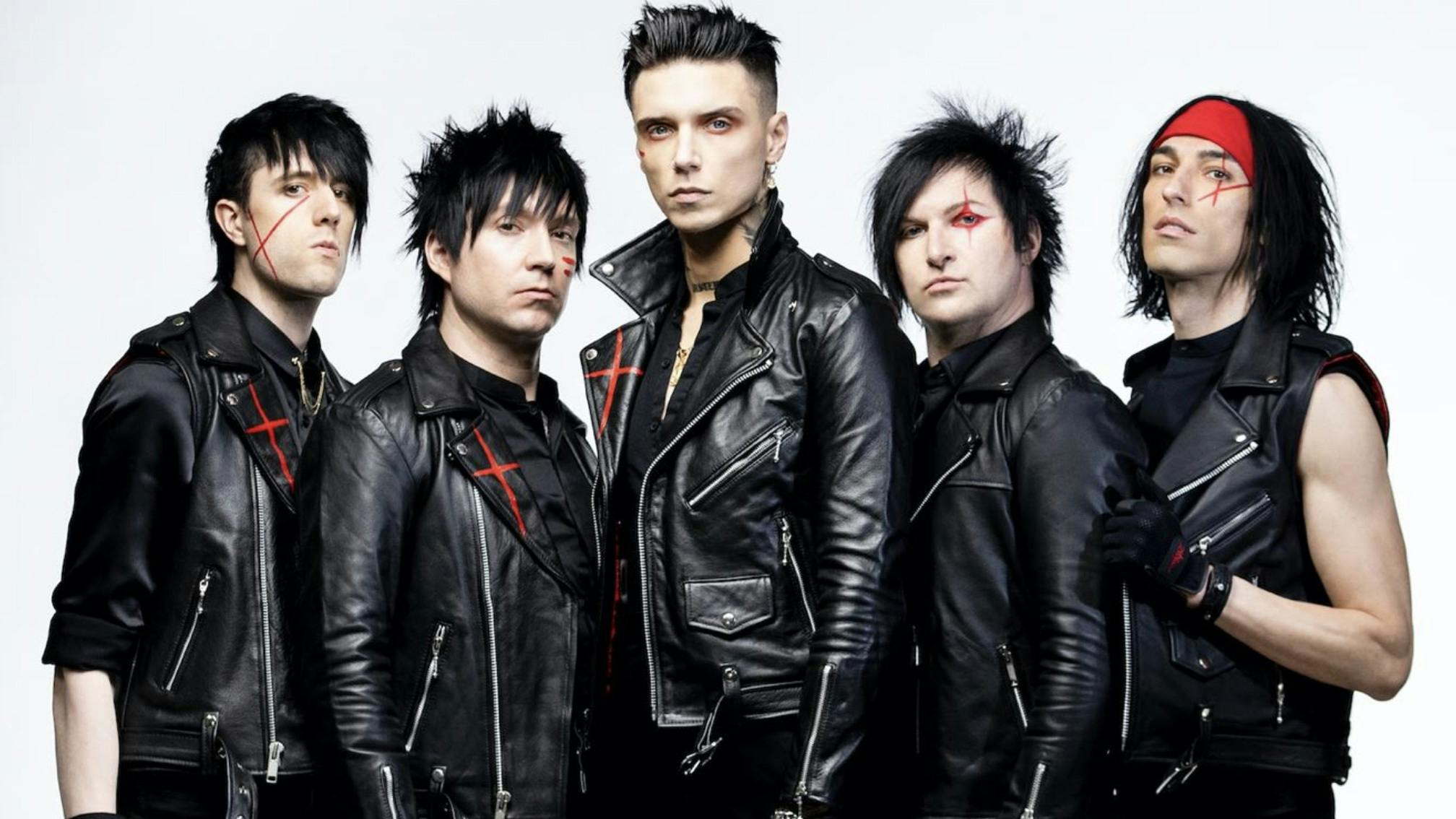How did you go about building the world of The Phantom Tomorrow?
“What we had this time, that had been forced upon us through the pandemic, was the ability to work on something in more detail than we ever had before. I’ve written concept albums in the past, but I’ve never truly had the time to flesh out a story and work on it to a level where every detail is there. A lot of concept albums fall short because they’re essentially half-concepts; I don’t mean to disparage anybody else, but oftentimes it feels like artists are trying to shoehorn these songs about their lives to fit within a concept, when in reality all that’s there is a costume and a character design. I’ve been able to be really hands-on with The Phantom Tomorrow, building the costumes myself, directing the videos, designing the characters and the worlds, and now working with a comic book company to build the story out further, all the while writing an album with the concept in mind. We’ve built something we’re extremely excited about, and if you’re a fan of narrative, story-driven material and hard-rock, this record will be very enjoyable for you.”
Are all the songs on the album closely tied to the overarching story?
“I don’t mean to toot my own horn and make it sound like I’ve cracked the code on this, but there really is a delicate balance you have to strike when writing a rock opera. You have to be writing about reality and experiences you’ve had, but then place them through the lens of the story you’re building. Plus, the songs have to be able to stand on their own outside of the concept. I don’t want to compare myself to someone like Truman Capote, but I wanted this to be like an In Cold Blood type of thing, where there’s hyperrealism and stories that are true, but built around mythologised concepts. These songs are legitimate stories about my experiences, but I’ve made it my prerogative as a lyricist to then build them out and make them a part of this world of The Phantom Tomorrow. Having written this in a year when everything was in chaos, we were all locked inside and the world was changing, it was impossible to not find some inspiration from that, but the goal was very much not to write about lockdown, and rather take a look at everything else that was occurring in the world as a result of it.
“What really struck me in that regard was the loss of identity I saw in so many people – it felt like everyone was becoming part of some kind of political or social ‘team’, and wearing these ideologies that hadn’t grown organically inside them. It seemed to me that we’d created these avatars for ourselves – whether they were politicians or whatever – even though these people really didn’t give a shit about those who were supporting them. And this isn’t an indictment of anyone in particular, but seeing people walk around with t-shirts with a politician’s name on struck me as a weird loss of identity and a form of cultural hero worship. It was like we were mythologising these people and turning them into heroes, which is no good for us, because we forgot to build the hero in ourselves. The story of The Phantom Tomorrow started there: if you have this world where people are mythologised, where would society end up? It’s not a dystopian future, it’s more like an alternate timeline where I’ve taken things I’m influenced by – like Watchmen and V For Vendetta – and had these flawed characters be the hero in the story.”
